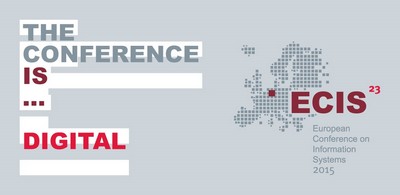DOI
10.18151/7217307
Abstract
This paper reports on the adoption and diffusion of information technology in three UK universities. The authors draw upon detailed longitudinal case study research of UK universities utilising an analytic framework drawing upon computerisation movements and technology action frame perspectives. The technology in question is captured within the term Managed Learning Environment. The ambitions for this technology are considerable. The research highlights a range of constraints and affordances that help to explain some of the unpredictability of the trajectories of information technology adoption and diffusion in these universities. However, the research also explore the influence of ideology, and in particular the variety of ideological influences that can go unreported in studies of IT adoption. In this paper the authors explore the interplay of technology action frames, localised technology framing, institutions and professional groups around momentum for change, which in these cases was considered to be influenced by ideological strands prevalent not just in UK HE, but also in the UK public sector. The outcomes are twofold. First, the ways in which frame congruence and incongruence can influence outcomes. Second, the ways in which actions of key advocates, aligning with networks of influence, mobilised support for and limited opposition to IT vision.
Recommended Citation
Edwards, David and Horton, Keith, "Ideology and Utopia: A Technology Action Frames Perspective on ICT Adoption" (2015). ECIS 2015 Completed Research Papers. Paper 41.
ISBN 978-3-00-050284-2
https://aisel.aisnet.org/ecis2015_cr/41


